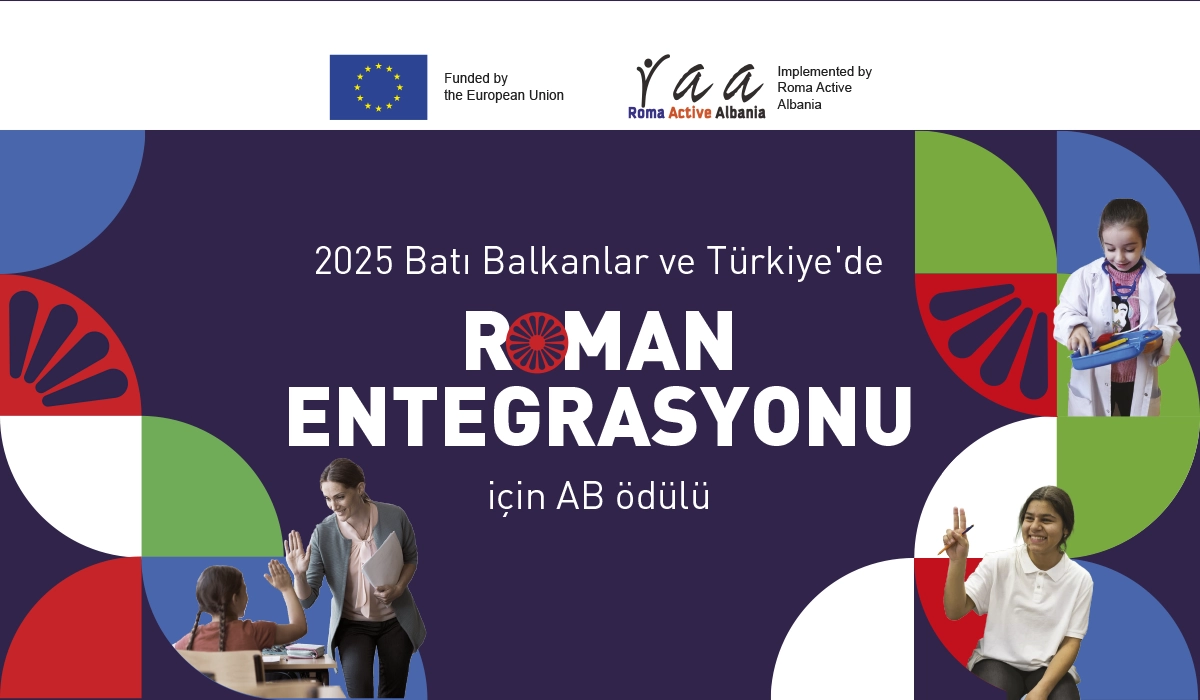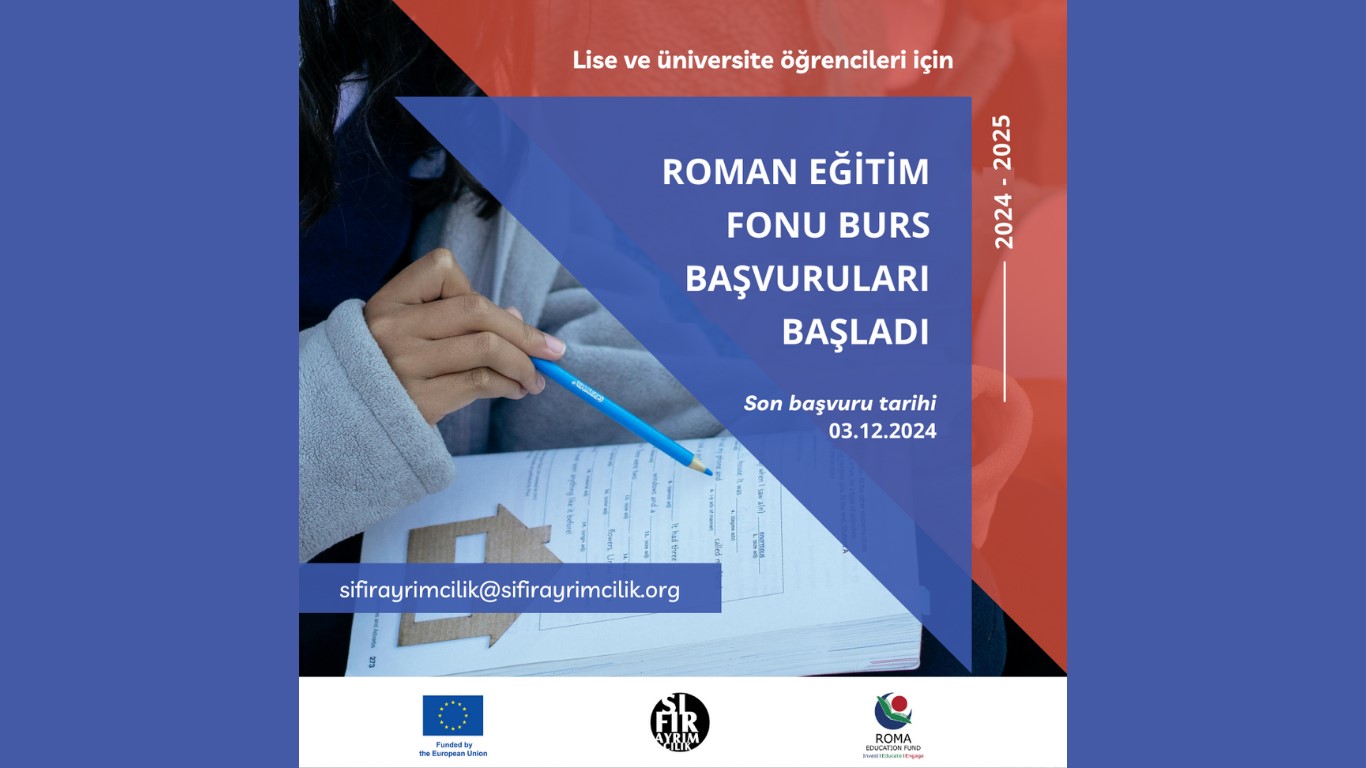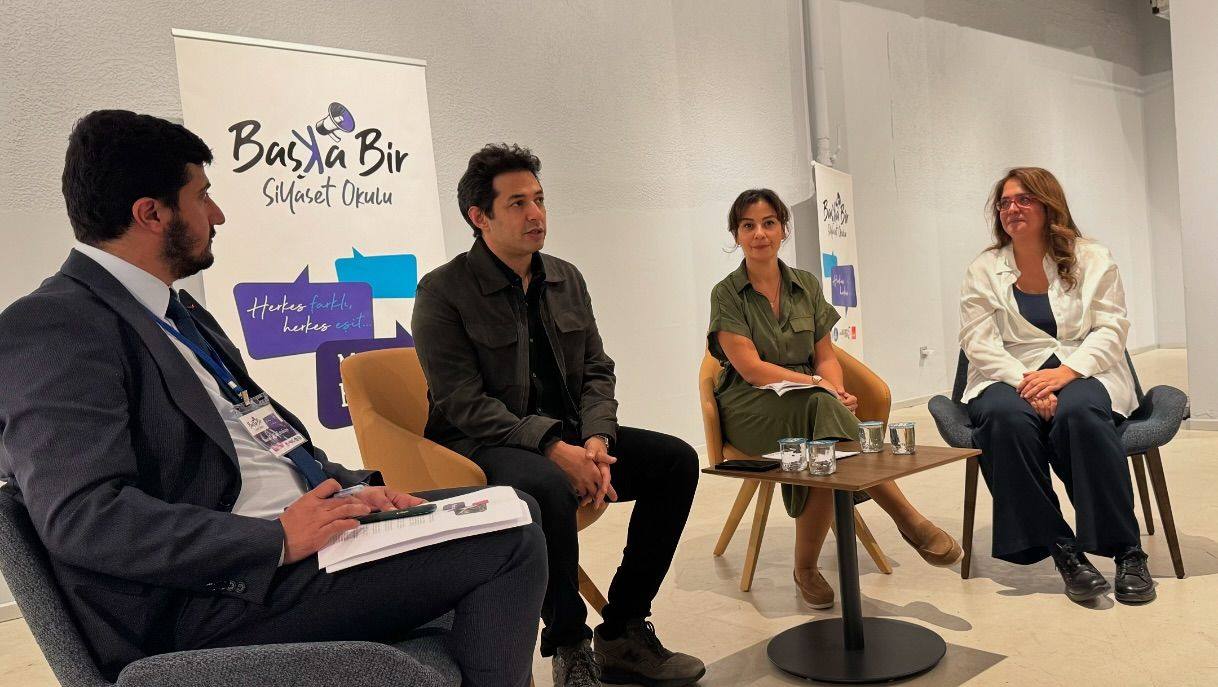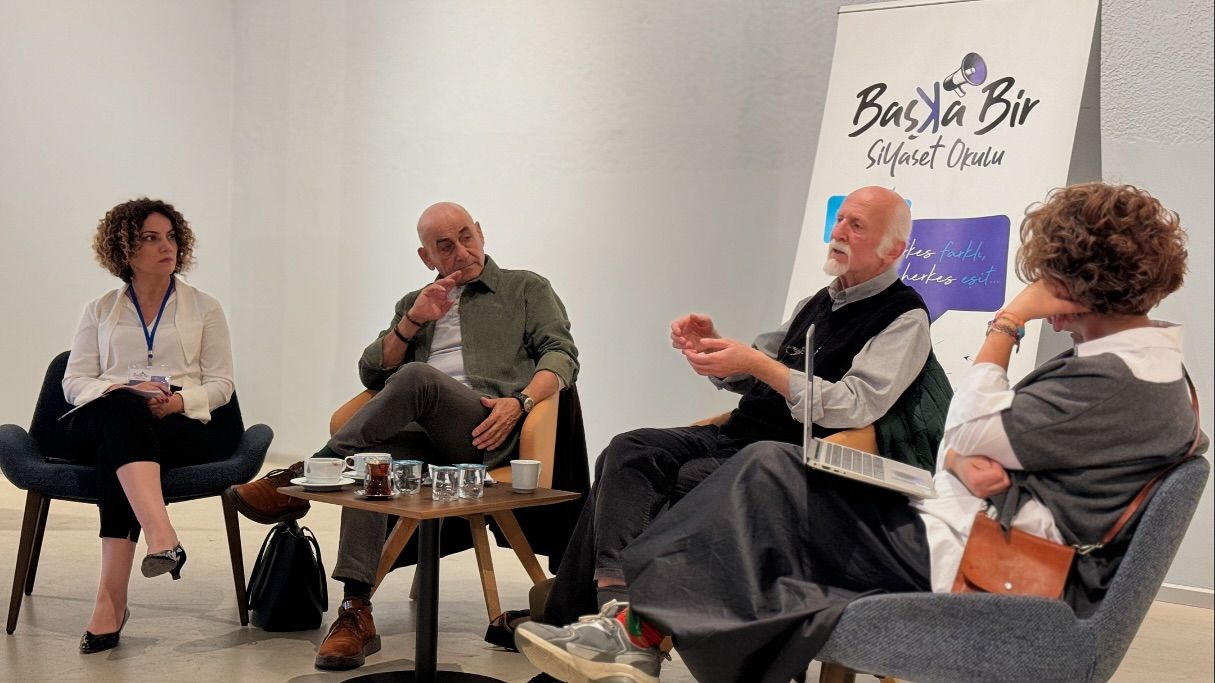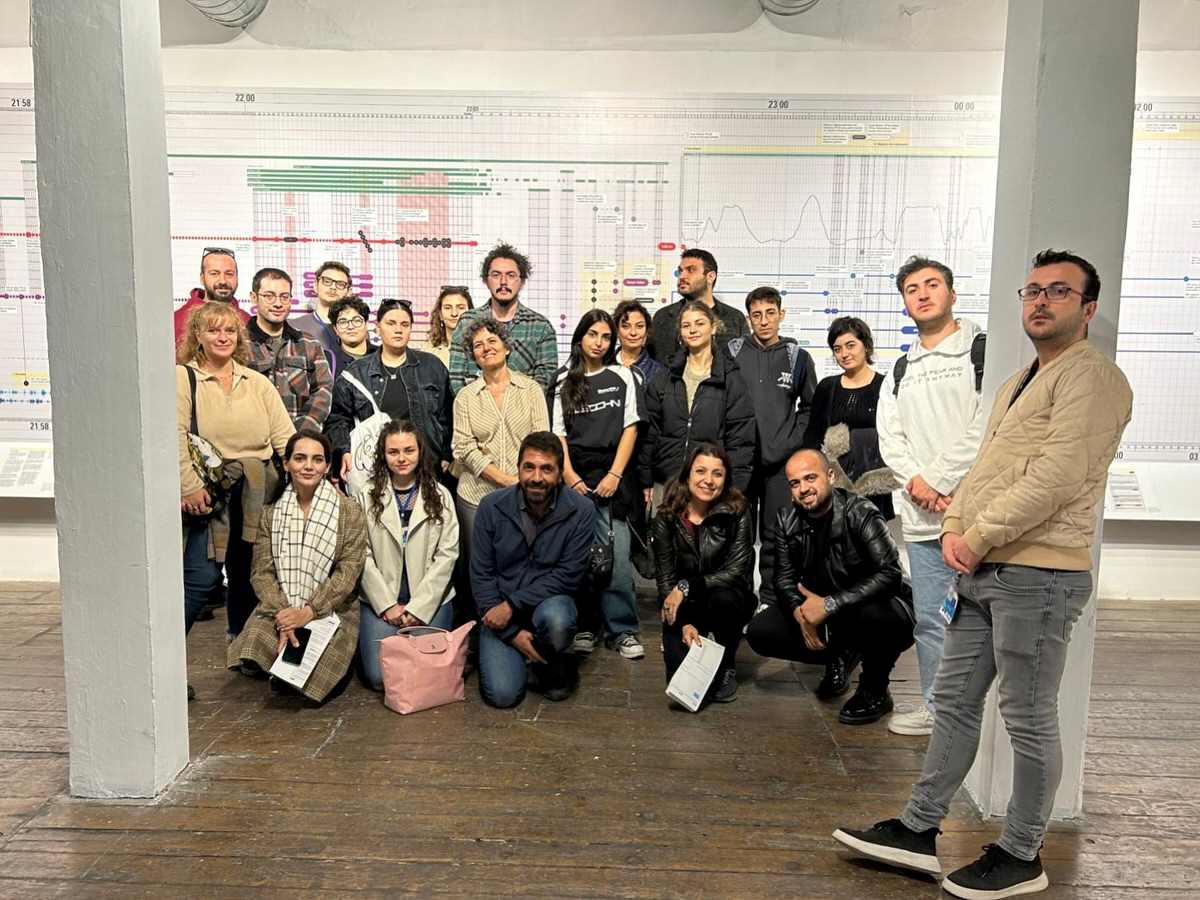
Report: The Situation of Roma in 11 European Union Member States
The countries covered by the survey are; Bulgaria, Czech Republic, Greece, Spain, France, Hungary, Italy, Poland, Portugal, Romania and Slovakia
Report: The Situation of Roma in 11 EU Member States
This report, based on a survey conducted in 11 EU member states in 2011 with the support of the European Commission and the efforts of the United Nations Development Program, the World Bank and the European Union Agency for Fundamental Rights, is one of the most important reports to date that provides reliable data on the situation of Roma throughout Europe.
What do the survey results show?
The survey results confirm the fact that many Roma face discrimination and social exclusion and live in very poor socio-economic conditions, as stated in the April 2011 communication of the European Commission.
The indicators presented show that the situation of Roma in the 11 member states where the surveys were conducted is not at a satisfactory level in four main areas: employment, education, housing and health, and that their situation is far below average compared to non-Roma individuals living in those regions.
The findings also show that the Roma community continues to be subject to discrimination and that Roma are not sufficiently aware of their rights guaranteed by EU law. pan id="more-115">
Education
-On average, one in two Roma children attend preschool or kindergarten.
-With the exception of Bulgaria, Greece and Romania, 9 out of 10 children of compulsory school age, aged between 7 and 15, are in school.
-Education participation has been observed to drop significantly after the end of compulsory education: only 15% of Roma adults have completed general upper secondary or vocational school education.
Employment
-On average, less than a third of Roma are employed in a paid job;
-One in three Roma respondents is unemployed;
-The rest are housewives, retired, unable to work or self-employed.
Housing
- On average, Roma households have more than 2 people living in one room.
- Approximately 45% of Roma are found to lack at least one of the following basic household appliances: closed kitchen, closed toilet, closed shower or bath, and electricity.
Health
– 1 in 3 Roma aged between 35 and 54 report that health problems limit their daily activities.
- On average, approximately 20% of Roma respondents are either not covered by health insurance or are unaware of whether they have health insurance.
Poverty
– On average, approximately 90% of Roma live below the national poverty line.
- On average, approximately 40% of Roma have had to go to bed hungry at least once in the past month because they could not afford to buy food.
Discrimination and Rights Awareness
- Almost half of Roma people stated that they have been discriminated against because of their ethnicity in the past 12 months.
- Almost 40% of Roma people are aware that discrimination against minorities in job applications is prohibited by law.
You can access the full text of the report in English from the link below.
http://fra.europa.eu/sites/default/files/fra_uploads/2099-FRA-2012-Roma-at-a-glance_EN.pdf
